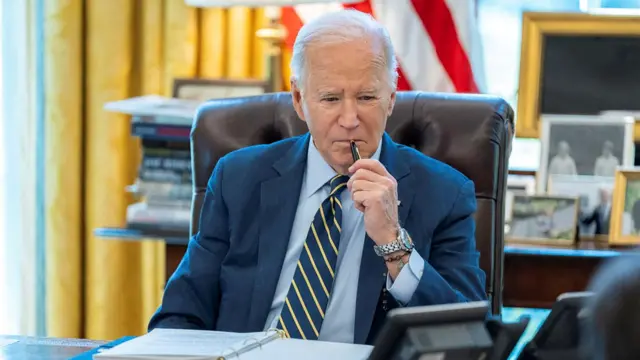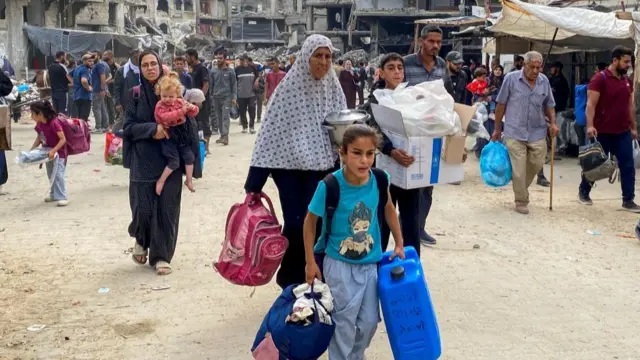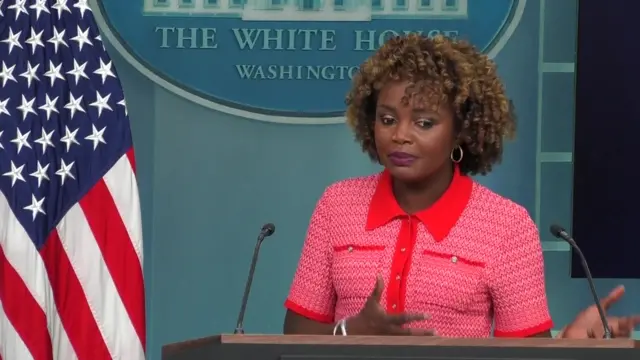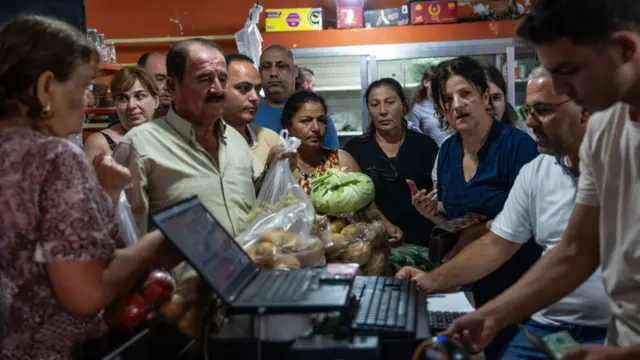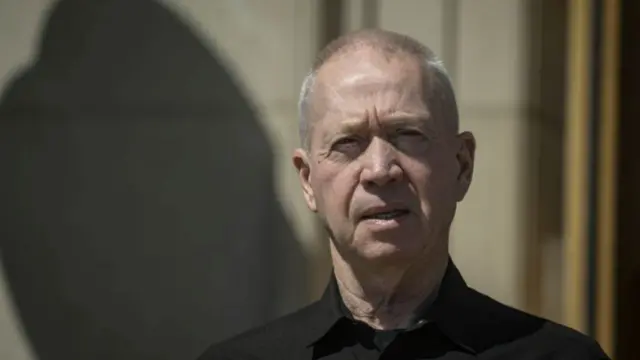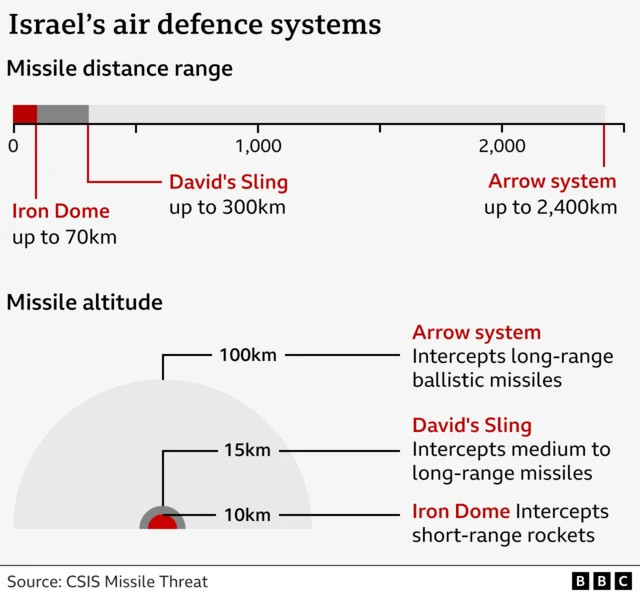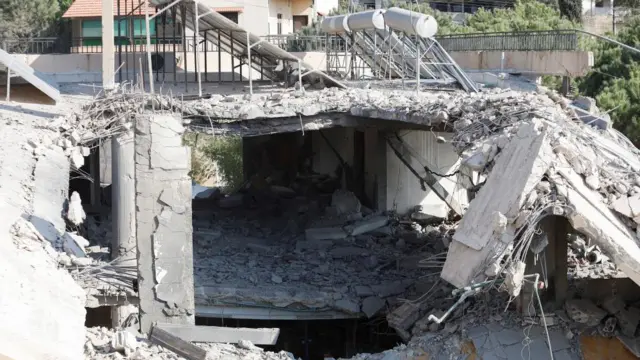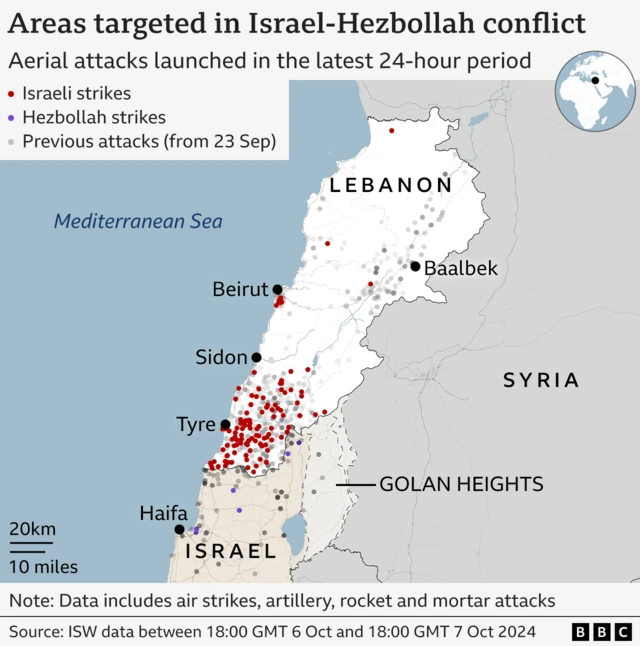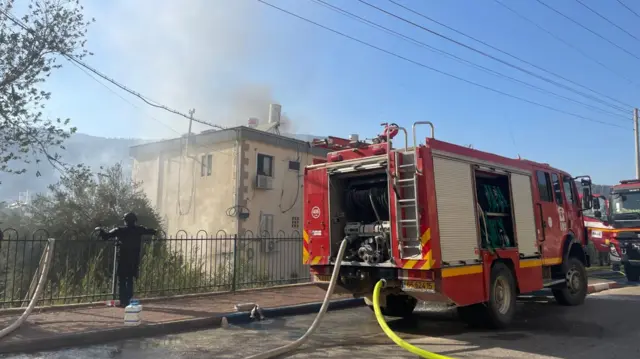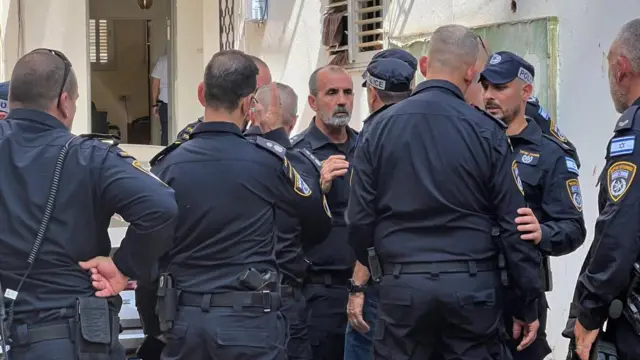Israel issues fresh evacuation order for Beirut's southern suburbpublished at 22:31 BST 9 October 2024
The Israeli military has issued evacuation orders for the southern Beirut suburb of Haret Hreik.
Residents in the southern part of the capital should leave the area immediately, Israel Defense Forces (IDF) Arabic spokesperson Avichay Adraee says in a post on X.
Adraee also shares a map of the neighbourhood, which highlights specific buildings which he says are "near Hezbollah facilities and interests".
"For your safety and the safety of your family members, you must evacuate this building and the surrounding buildings immediately and stay away from them for a distance of no less than 500 meters," he says.
This comes after the UN said earlier today, external that one quarter of Lebanese territory is now under Israeli military "displacement" orders., external
